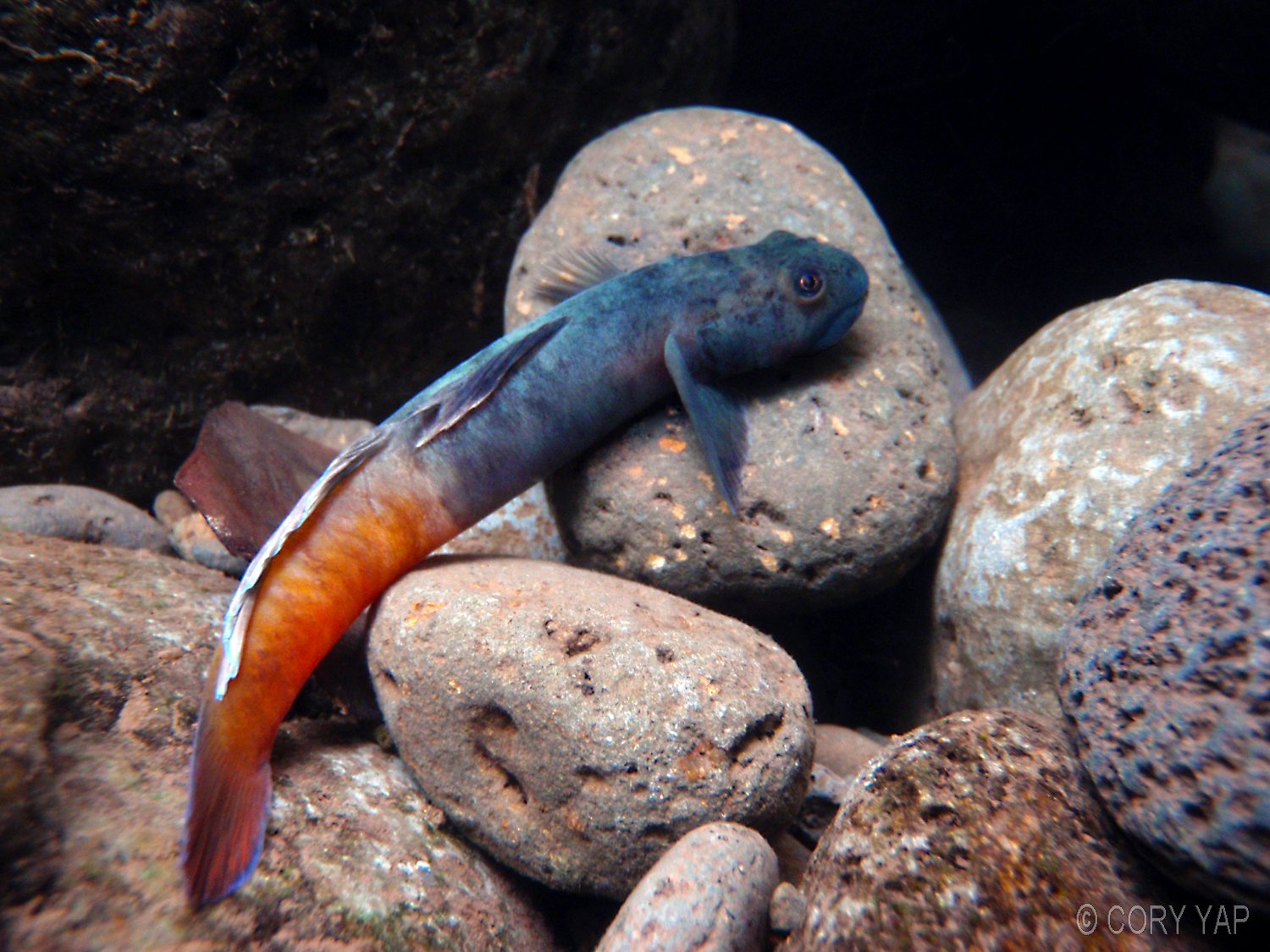
Wai
1. nvs. Water, liquid or liquor of any kind other than sea water (see ex., koni), juice, sap, honey; liquids discharged from the body, as blood, semen; color, dye, pattern; to flow, like water, fluid. Wai o ke kāne, semen. Wai o ka wahine, menstruation or other discharge. Wai o kaunu, thrilling discharges of love. Komo wai ē ʻia, foreign liquid has entered [of a child conceived by other than the married husband]. I wai noʻu, give me some water [let's have a contest or fight]. Wai ihola ke koko, the blood flowed. Wai o ka lehua, lehua flower honey. Hoʻokahi wai ʻo ka like, the sameness of a single dye [unity]. E wai kahi ka pono i mānalo, better sweeten with a single color [unity to find serenity]. Ua hewa i ka wai, great quantities of water. Hoʻolana i ka wai ke ola, life floats on water [near death]. Paʻihi ʻoe lā, lilo i ka wai, ʻaʻohe ʻike iho i ka hoa mua, well-adorned are you, carried to water [wealth], not knowing former friends. (PPN wai.)
2. (Cap.) n. Place names beginning with Wai-, river, stream. Nā Wai-ʻehā, the four waters, a poetic name for Wai-luku, Wai-ehu, Wai-heʻe and Wai-ka-pū, Maui.
3. n. Grain in stone.
4. vi. To retain, place, leave, remain, earn, deposit (see more common waiho, waihona, waiwai, and less common wailana; waina 2, wai ʻūlili). Hale wai, prison. (PCP wai.)
5. (Also spelled ai.) interr. pronoun; Who, whom, whose, what (animate antecedents).(Gram. 8.5.) ʻO wai! Who? ʻO wai kou inoa? What is your name? ʻO wai ia? Who is he? (angrily) Who does he think he is? Kō wai, kā wai? Whose? No wai? For or in honor of whom? Na wai? By whom? Kō wai kaʻa k_elā? Whose car is that? Iā wai ʻoe i kamaʻilio ai? To whom did you speak? Na wai nō i ʻōlelo iāʻoe e hele malaila? Who told you to go there? (PPN hai.)
6. n. Type of house with thatch purlins separated by a width of two fingers. (For. 5:645.)
Water and Chiefs are synonymous with one another in our islands of Hawaiʻi. With such an important resource for life, stewardship with love and discipline was required to thrive in these islands for generations .

WAIWAI
[Hawaiian Dictionary (Hawaiʻi)]wai.wai
nvs. Goods, property, assets, valuables, value, worth, wealth, importance, benefit, estate, use; useful, valuable, rich, costly, financial. (Probably related to wai 4, to retain, rather than to wai 1, water.) See kumu waiwai, waiwai ʻole. Waiwai i hao ʻia, booty, spoils, goods of any kind seized or appropriated. Waiwai kīkoʻolā, miscellaneous valuables. Hoʻoponopono waiwai, administrator of property or of an estate. Waiwai loaʻa ma ke kolohe, ill-gotten gains. Komike waiwai, financial committee. hoʻo.wai.wai To enrich, bring prosperity.
Why is Water wealth?

Ahupuaʻa;
Wai or water is crucial for the existence of all life on our planet, without water, there is no life. In Hawaiʻi, our Wai is the highest wealth anyone could possess, spawning the word waiwai, water water to describe being in a state of wealth or richness. Our Wai in Hawaiʻi nourishes our island and all its life from the top of the mountains to the oceans shoreline. From agriculture to aquaculture, our Hawaiʻi people care for Wai and in turn the Wai takes care of all of us!

moʻo
1. n. Lizard, reptile of any kind, dragon, serpent; water spirit. Mea nānā moʻo (Kanl. 18.10), enchanter. (PPN moko.)
2. n. Succession, series, especially a genealogical line, lineage. Cf. moʻo aliʻi. Moʻo hihia (For. 5:303), series of difficulties, troubles. hoʻo.moʻo To follow a course, continue a procedure.
3. n.Story, tradition, legend (less common than moʻolelo).
4. n. Narrow strip of land, smaller than an ʻili. Also moʻo ʻāina.
5. n. Small fragment, as of tapa, not attached to a large piece. Cf. moʻomoʻo.
6. n. Narrow path, track; raised surface extending lengthwise between irrigation streamlets.
7. n. Ridge, as of a mountain. Moʻo muku, ridge that is cut off.
8. n. Young, as of pigs, dogs; grandchild. Kuʻu moʻo lei, my beloved grandchild.
9. vs. Brindled, as a dog, favored for sacrifice to the moʻo spirits; streaked, tawny, as cattle; color of a tabby cat. Cf. ʻīlio moʻo, brindled dog, and moʻo ʻīlio, puppy dog.
10. n. Side planks fitted to the middle section on each side of a canoe hull, technically termed gunwale strakes.